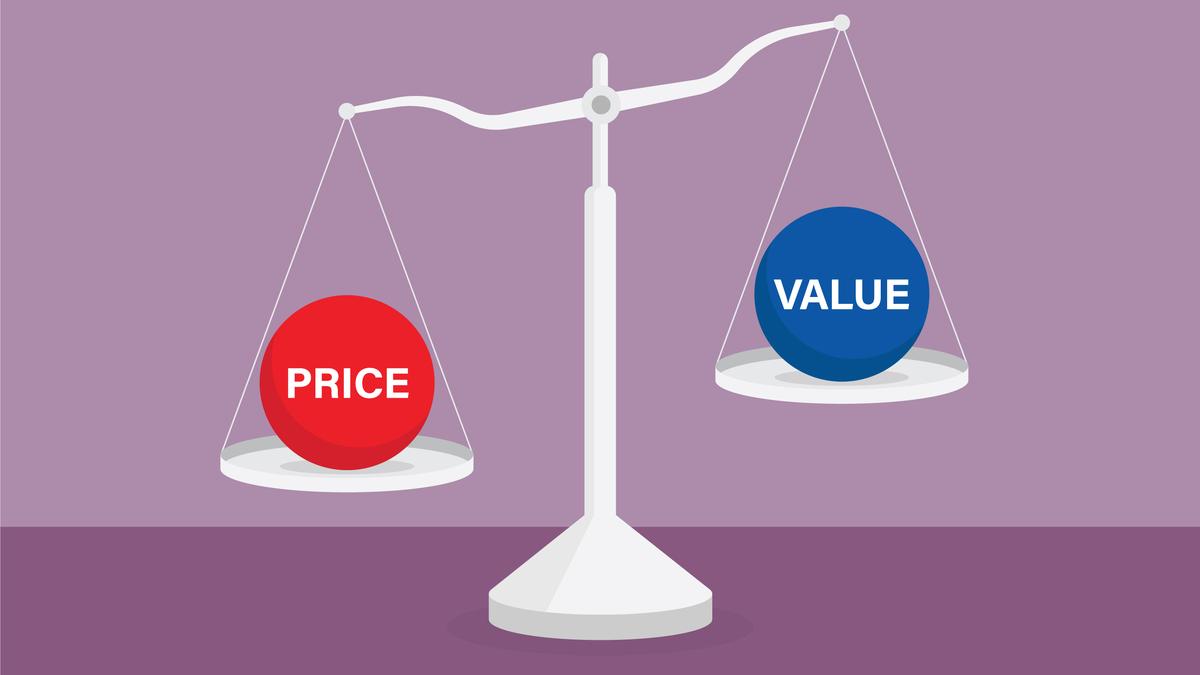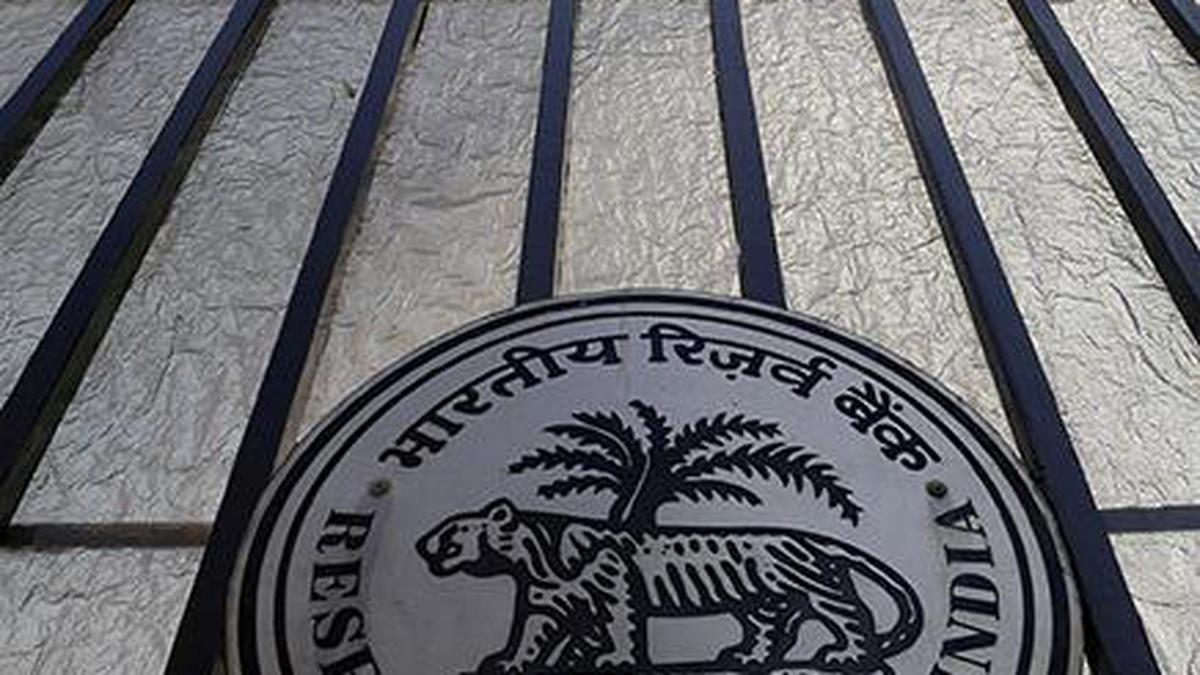The Match Group vs. Google case will go up for hearing in April 2023, and until then their relationship status will remain complicated.
The Match Group vs. Google case will go up for hearing in April 2023, and until then their relationship status will remain complicated.
Tinder owner’s ten-year long relationship with Google has gone sour. Match group filed a lawsuit against the search giant earlier this month, accusing it of illegally monopolising app distribution in Android mobile devices.
“Ten years ago, Match Group was Google’s partner,” the lawsuit alleged. “We are now its hostage.”
At issue is how a dating app’s user pays for the service. Google wants in-app payments to go through its billing system. Tinder owner is against the idea.
Match group says that Google’s arbitrary and discriminatory tax on subscription and in-app payments has to go, and that it should provide an alternative to user to make payments.
The Texas-based company runs Tinder, OkCupid, Hinge, Meetic, Azar and several other brands. Tinder is the group’s superstar, accounting roughly 56.4% of Match Group’s overall revenue, which was $2.9 billion in 2021.
The group distributes its apps to iOS users via Apple’s App Store, and to Android users via Google’s Play Store. While the apps are free to download on the digital distribution platforms, Match Group makes money from selling monthly and annual subscriptions, and other add-on services.
According to the company’s March ending quarter earnings statement, on average, it made $16 in revenue from each paid user. And a large part of this income came from selling two different types of services: subscription and a la carte features.
When a user opts to pay for the service, they will have to use Google or Apple’s payment systems. And those platforms take away up to 30% of Match Group’s income.
It doesn’t just stop there. The group claims that when users pay via app stores’ billing system, the platform owners get personal data on users, which might have otherwise gone to the dating app service providers.
And the data that goes into Apple and Google’s system is restricted and cannot be accessed by the data apps.
The tax and data ownership are straining Match Group’s relationship with Google. And hence the lawsuit.
Google is defending its policy. The search giant said in a blog post that no other mobile platform is as open as its marketplace, and has shown willingness to champion user choice.
On Thursday, Google and Match Group reached a temporary agreement which will be effective until the case comes for a hearing.
According to that agreement, Google will keep Tinder and its sibling apps within the Play Store ecosystem; Match Group will put $40 million in an escrow account for the fees it owes Google; and Google will work to develop an additional billing system.
And while the duo waits for this case to be heard, Google will separately prepare a countersuit against Match Group for violating the Developer Distribution Agreement.
The accusations made by Match Group against the app distribution ecosystem is not new. For more than a year, Fornite owner Epic Games is fighting a case against Apple’s App Store. The game maker is also seeking a similar solution: an alternative billing system.
The Match Group vs. Google case will go up for hearing in April 2023, and until then their relationship status will remain complicated.
Cache is a column on the happenings in the world of tech and corporations. To receive it in your inbox, click here to subscribe.





